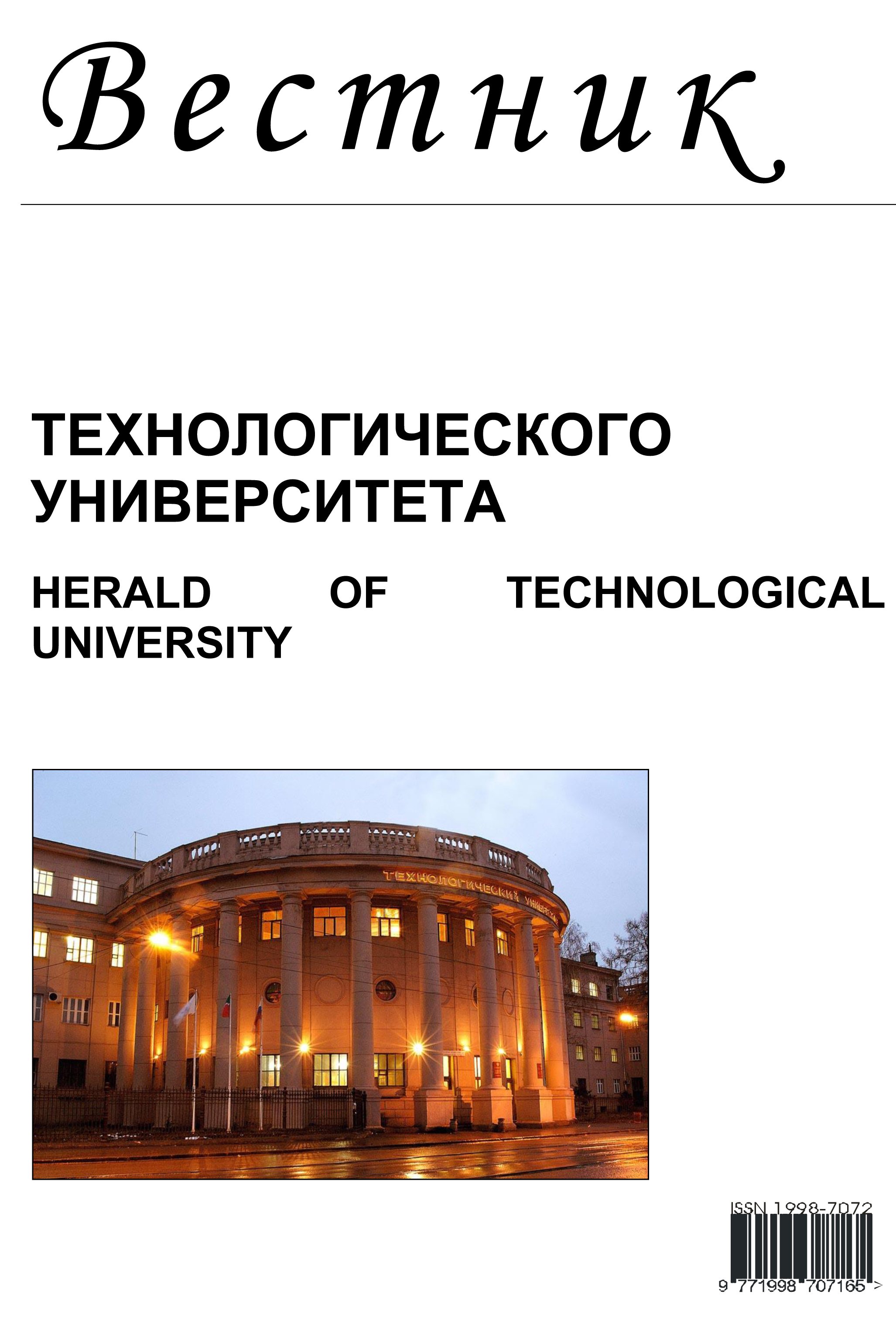The article presents a method for adaptive forecasting of time-dependent time series using parameterization, clustering, and deep learning models. The main objective of the study is to improve the accuracy of time series forecasting by identifying key data characteristics and creating specialized models for different groups of data. The proposed method includes several stages. First, time series are parameterized, during which the original data are presented as feature vectors describing their main statistical and spectral characteristics (mean, variance, number of peaks, ARIMA coefficients, etc.). Then, time series are clustered using the DBSCAN algorithm, which allows dividing the data into groups with similar characteristics. For each of the resulting groups, an individual model is trained based on recurrent neural networks (LSTM), which allows taking into account nonlinear dependencies and the temporal structure of the data. The method was tested on medical data obtained from insulin pumps that record blood glucose levels. The results showed that the proposed approach significantly improves forecasting accuracy compared to traditional methods such as LSTM without clustering or Euclidean distance-based methods. Experiments confirmed that the use of parameterization and clustering improves the adaptability of models and increases forecast accuracy to 95% and above. This approach can be useful in various fields, including medicine, finance, and energy, where accurate time series forecasting is required under conditions of high data variability.
TIME SERIES, PARAMETERIZATION, STATISTICAL CHARACTERISTICS, SPECTRAL CHARACTERISTICS, CLUSTERING, FORECASTING, CLASSIFICATION, DATA ANALYSIS, MODEL TRAINING









